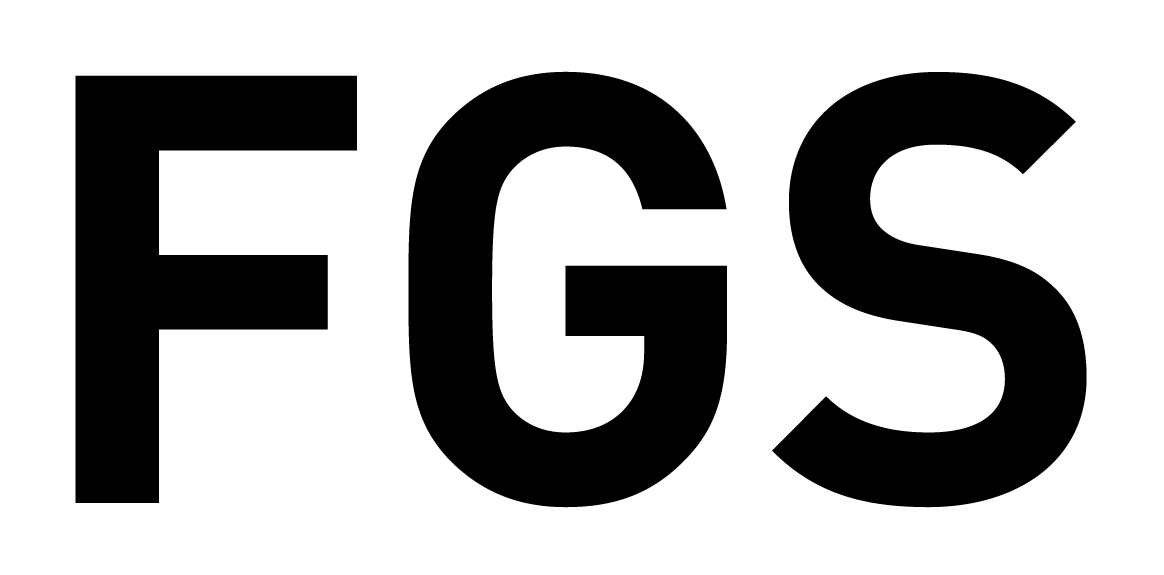Critical Raw Materials (CRM), mostly a subset of metals, are globally seen as indispensable building blocks for the development of green technologies necessary to achieve climate neutrality by 2050. The European Commission aims to significantly reducing the EU’s dependence on single third-country suppliers and promoting circularity and sustainable sourcing practices. In particular, the EU CRM Act sets that by 2030, the EU’s extraction capacity will have to cover at least 10% of the EU’s annual consumption of CRMs.
While Switzerland, as non-EU Member State, is not directly confronted with the CRM Act or its implementation, there is a growing concern whether, and how far, the Swiss manufacturing industry will be exposed to supply risks related to CRMs.
As Switzerland does not mine or process metal ores, it fully depends on imports (7 million tons in 2021; mostly iron and steel, aluminium and other unspecified metal products). The imported volume of CRMs is not officially monitored. The latest study on the status with CRMs was conducted almost 10 years ago and described the situation with the CRM supply as not critical. However, the study was conducted well before the currently rather tense geopolitical situation affecting the World’s markets. Therefore, the situation today might be well different.
Given the fast-growing importance of CRMs in the current world’s geopolitical landscape, several countries are launching national exploration programs to (re)evaluate their mineral resources with a focus on the occurrences of CRMs.
This project aims at obtaining a concise summary on the current knowledge about the natural occurrence of metals in Switzerland, with a focus on the availability of CRMs, and make this knowledge available to the public.



